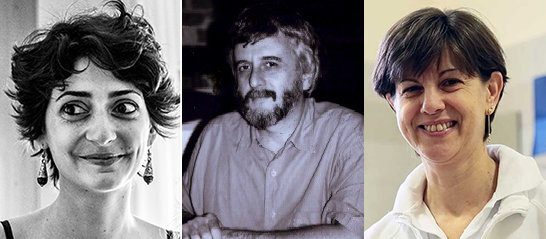Music Therapy Intervention for the Mother-Preterm Infant Dyad: Evidence from a Case Study in a Brazilian NICU
DOI:
https://doi.org/10.15845/voices.v17i2.916Keywords:
Prematurity, NICU, music therapy, maternal singing, mother-infant interactionAbstract
This study investigated the contributions of music therapy to the mother-preterm infant dyad in a NICU. A single case study was carried out involving a mother and her preterm daughter (27 GW). They participated in nine sessions of the Music Therapy Intervention for the Mother and her Preterm Infant -MUSIP, with the aim of sensitizing the mother to the importance of singing. After the MUSIP and in the pre- and post-discharge periods, the mother was interviewed in order to provide an assessment of the intervention; furthermore, the dyad was videotaped during singing and non-singing interactions. The interviews with the mother and the written descriptions of the video footage were examined through thematic analysis. The results showed music therapy contributed: a) to the empowerment of the infant, through relaxation, stabilization of oxygen saturation, the presentation of new competences and engagement in singing; and b) to the empowerment of the mother, through relaxation, the overcoming of embarrassment and the fear of interacting with the infant, and through the strengthening of her maternal competences and her autonomy in singing. Together, the results highlighted the importance of music therapy to the mother-infant interaction, because singing contributed to more prolonged face-to-face contact and more diversified expressions of affection.
Published
2017-05-31
How to Cite
Palazzi, A., Meschini, R., & Piccinini, C. A. (2017). Music Therapy Intervention for the Mother-Preterm Infant Dyad: Evidence from a Case Study in a Brazilian NICU. Voices: A World Forum for Music Therapy, 17(2). https://doi.org/10.15845/voices.v17i2.916
Issue
Section
Research
License
Articles published prior to 2019 are subject to the following license, see: https://voices.no/index.php/voices/copyright

